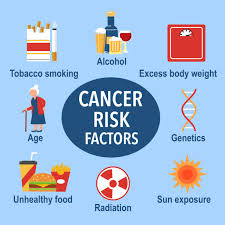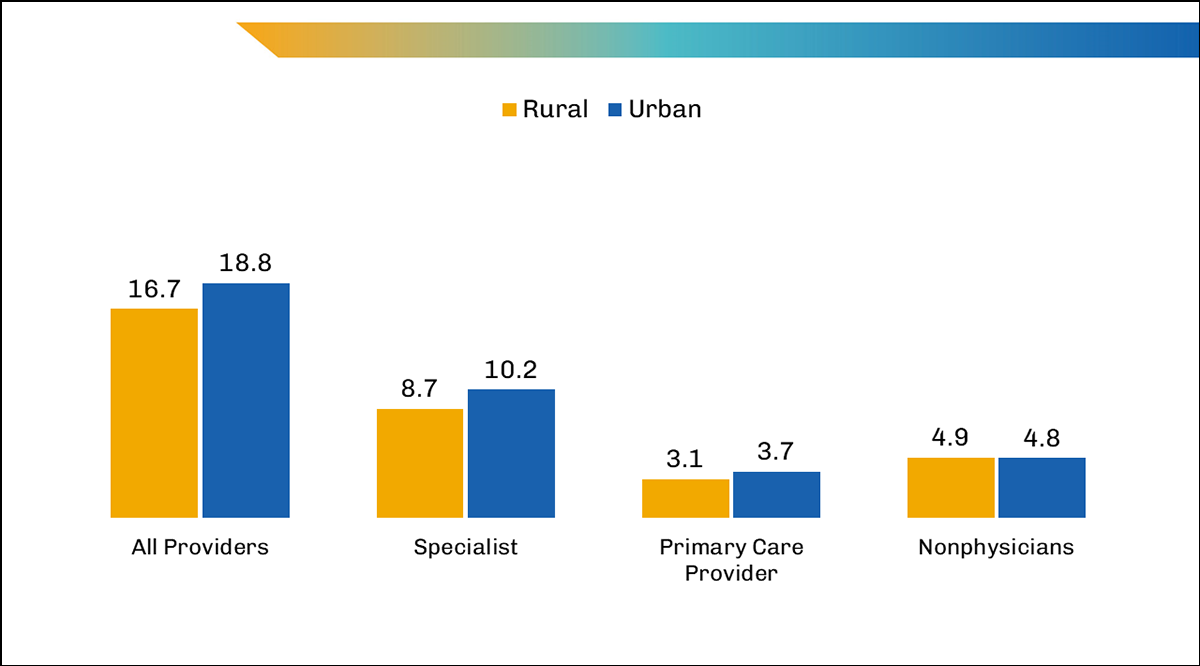Be cancer wise
Cancer means development of abnormal cells that divide uncontrollably and have the ability to infiltrate and destroy normal body tissue. Cancer is the second-leading cause of death across the world.
Some of the general signs and symptoms associated with, but not specific to, cancer, include:
-Fatigue
-Lump or area of thickening that can be felt under the skin
-Weight changes, including unintended loss or gain
-Skin changes, such as yellowing, darkening or redness of the skin, sores that won't heal, or changes to existing moles
-Changes in bowel or bladder habits
-Persistent cough or trouble breathing
-Difficulty swallowing
-Hoarseness
-Persistent indigestion or
or discomfort after eating
-Persistent, unexplained muscle or joint pain
-Persistent, unexplained fevers or night sweats
-Unexplained bleeding or bruising
There is no conclusive reason why people get cancer. As per the data collected from various researches, some of the most frequent factors that raise the risk of cancer are-
1)Genes: Some malignancies, such as breast cancer, are inherited. If family history is positive for any type of cancer , then there is a higher possibility of inheritance of the cancers in the next generation and also in the siblings.
2) Radiation: Radioactivity may disintegrate atoms and harm DNA in cells, resulting in mutation and there by resulting in serious diseases such as cancers . Hiroshima and Nagasaki are the best examples where people of following generations are suffering from cancers and birth defects years after the attack due to gene mutation.
Similarly after Chernobyl tragedy, the series of plutonium inhalation-related lung cancers and fatalities among workers exposed in that first decade appears to be unique. Chronic radiation sickness is evident even today, resulting in increased incidence of leukemia and other cancers .
3) Toxic chemicals in the environment: Toxic compounds such as arsenic, benzene, asbestos, and others may be hazardous. Excessive use of pesticides, herbicides and preservatives have been found to be associated with various cancers
4)Sedentary Lifestyle: Living a sedentary lifestyle with little or no physical exercise may result in chronic diseases like cancer. The youth is becoming sedentary and lethargic as a result of the scientific ease of living. Added bad eating habits also have a significant influence in the development of cancer in this generation.
In order to decrease the risk of cancer, we must preserve and protect oneself from specific variables such as hazardous lifestyle behaviors.
Prevention
Doctors have identified several ways to reduce your risk of cancer, such as:
1)Stop smoking: If you smoke, quit. Both active and passive smoking is linked to several types of cancers — not just the lung cancer. Stopping now will reduce your risk of cancer in the future.
2)Avoid excessive sun exposure: Harmful ultraviolet (UV) rays from the sun can increase the risk of skin cancer. Limit sun exposure by staying in the shade, wearing protective clothing or applying sunscreen.
3)Eat a healthy diet. Choose a diet rich in fruits and vegetables. Select whole grains and lean proteins. Limit the intake of processed food.
5) Maintain a healthy weight : Being overweight or obese may increase the risk of cancer. Work to achieve and maintain a healthy weight through a combination of a healthy diet and regular exercise.
6) Drink alcohol in moderation : For healthy adults, up to one drink a day for women and up to two drinks a day for men is acceptable.
7) Schedule cancer screening exams regularly : Talk to your doctor about the types of cancer screening exams available and what can be the best for you , based on your risk factors.
8) Ask your doctor about immunizations : Certain viruses are found to be linked with cancer. Immunizations may help prevent those viruses, including hepatitis B, which increases the risk of liver cancer and human papillomavirus (HPV), which increases the risk of cervical cancer and other cancers. Ask your doctor whether immunization against these viruses is appropriate for you.
Remember, a stitch in time can save nine i.e. prevention by immunization , timely detection by screening tests and early treatment can save millions of lives .
pictures downloaded from Google






Comments
Post a Comment